A sudden food shortage could be brought on by natural disasters, economic instability, or any other circumstances, and knowing what to do during it is crucial. So that you’re excellently prepared, here are a few important survival skills you’d want to learn beforehand.
Growing your own food
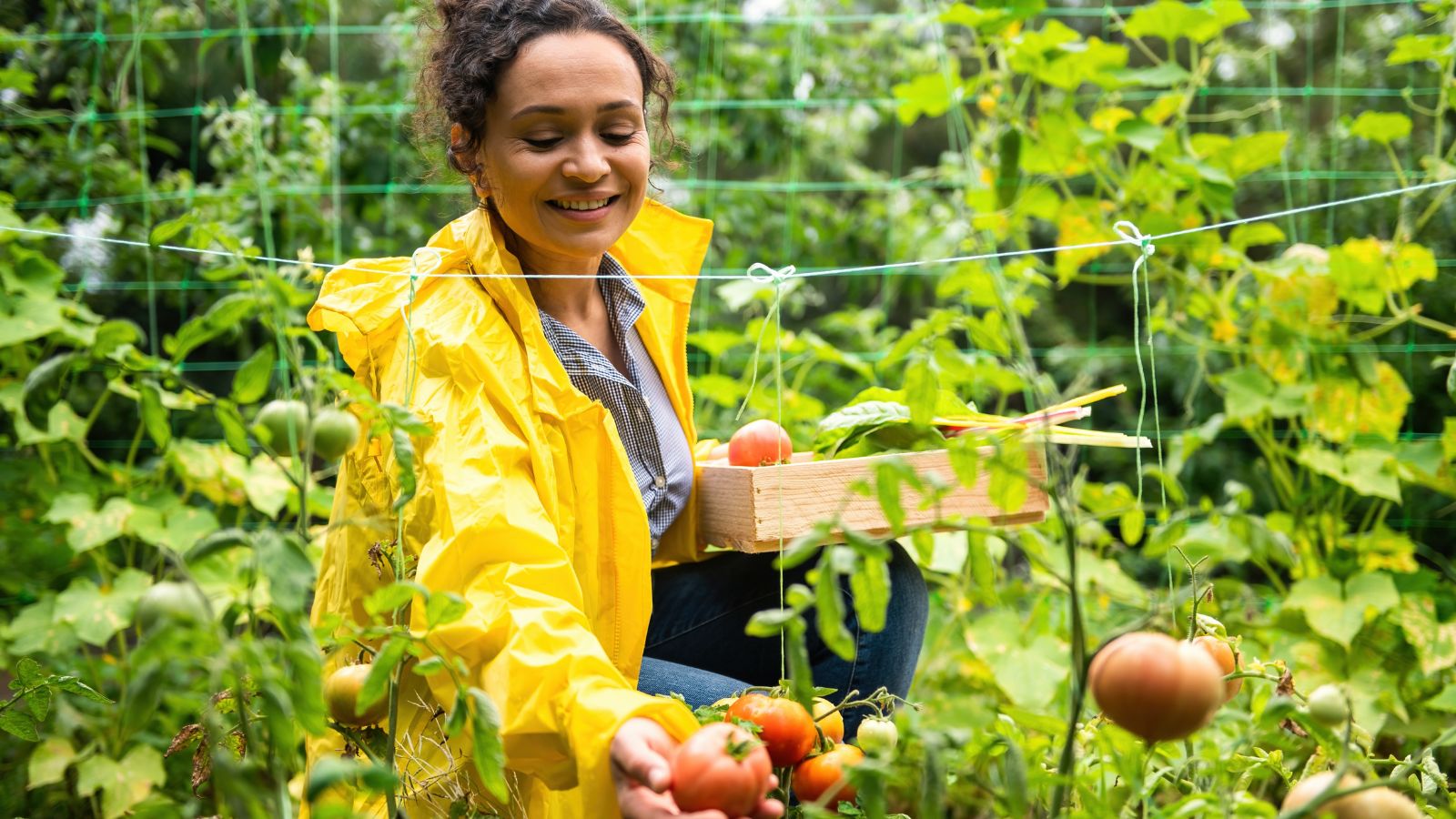
Growing your own food is an essential survival skill. Knowing the basics of gardening, such as how to prepare soil, plant crops, and water them properly, would be invaluable when facing food shortages. Learning about seasonal crops and understanding their cultivation would also be beneficial.
Foraging
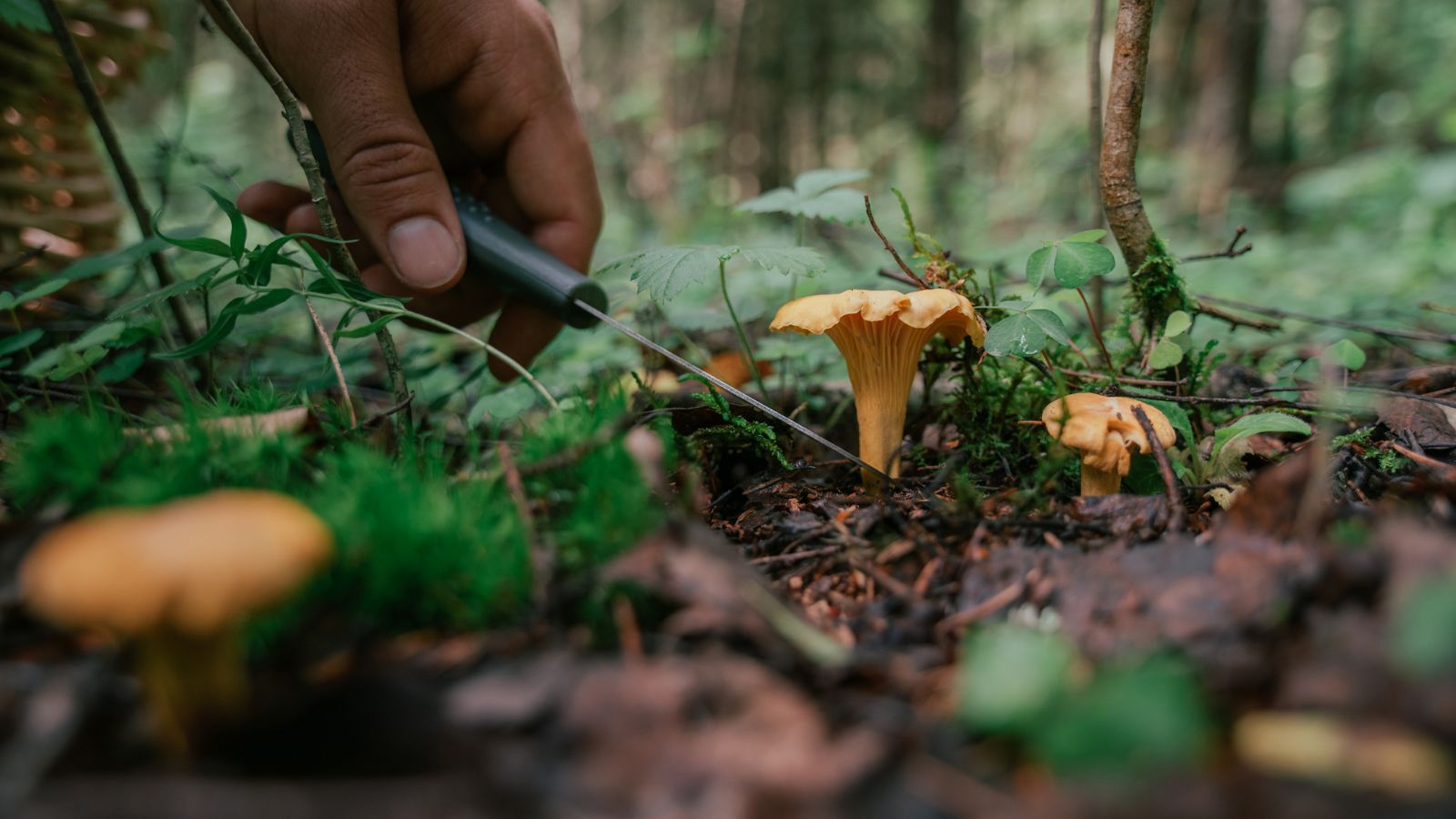
Learning to identify which wild plants are edible and which are poisonous would be a great skill in a food shortage. National Geographic says that you can easily find ingredients in the woods or in your backyard, but you’d have to study up hard, otherwise you’d risk eating something poisonous!
Hunting

While learning to hunt may seem pretty terrifying, it’s important for surviving food shortages. There are a few different skills that are key to hunting successfully. These include using weapons safely and effectively, constructing traps, and understanding animal behavior and tracking techniques.
Fishing
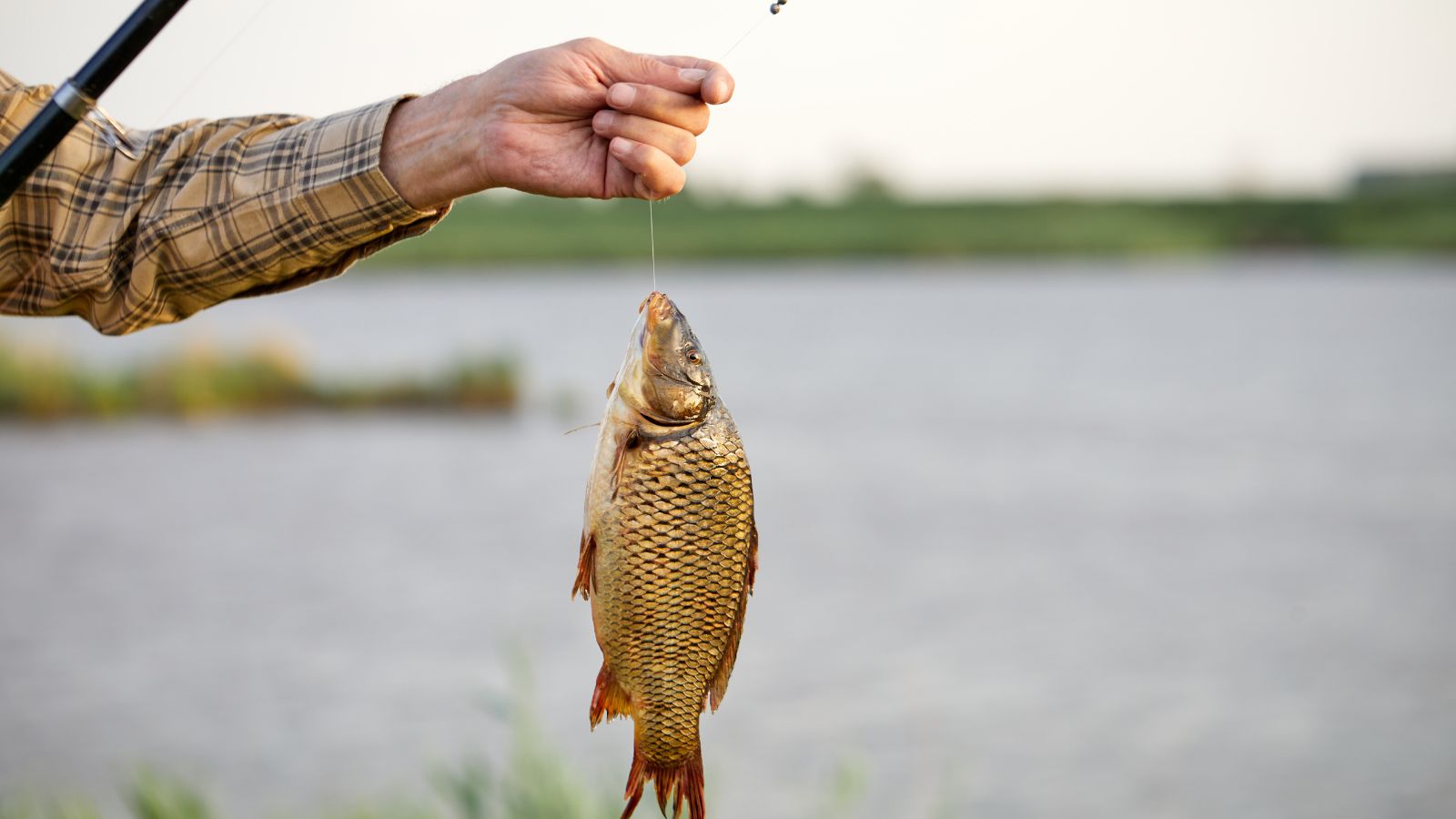
If you haven’t been fishing before, it might be a good idea to learn how. As the saying goes, teach a man to fish, and you feed him for a lifetime! Knowing the basics of how to fish, tie fishing knots, and build fishing gear would be useful skills to have.
Purifying water

Although water is usually pretty easy to find, it’s important to know how to make sure it’s safe to drink. To be prepared for emergency situations, you could learn methods of purifying water, such as creating DIY water filtration systems.
Preserving food
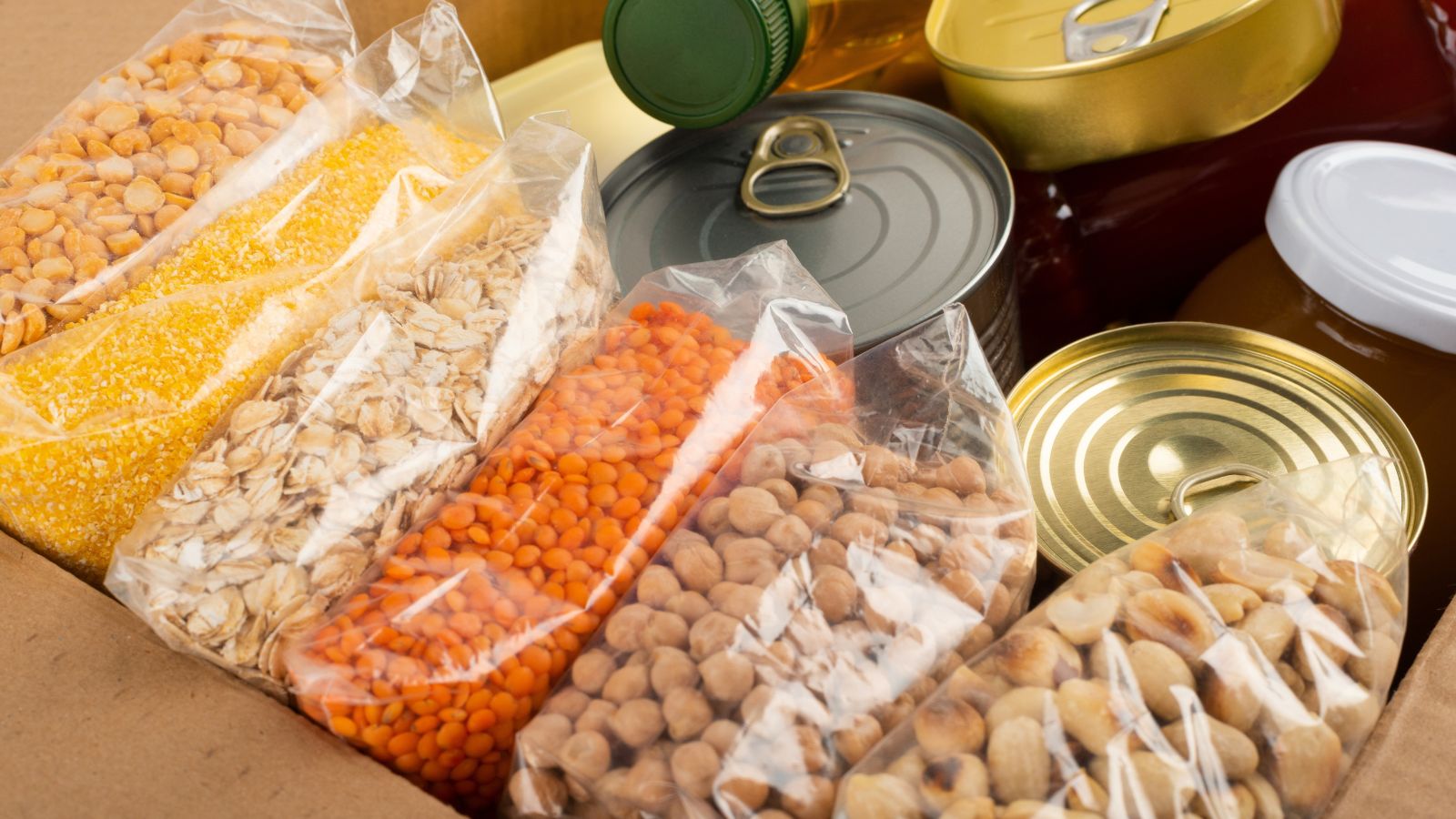
According to the BBC, more than 900 million tonnes of food are wasted globally every year. To help your food supply last longer, you could learn different ways to preserve perishable foods. Some methods to extend the shelf-life of your food items include canning, pickling, drying, and fermenting foods.
Saving seeds
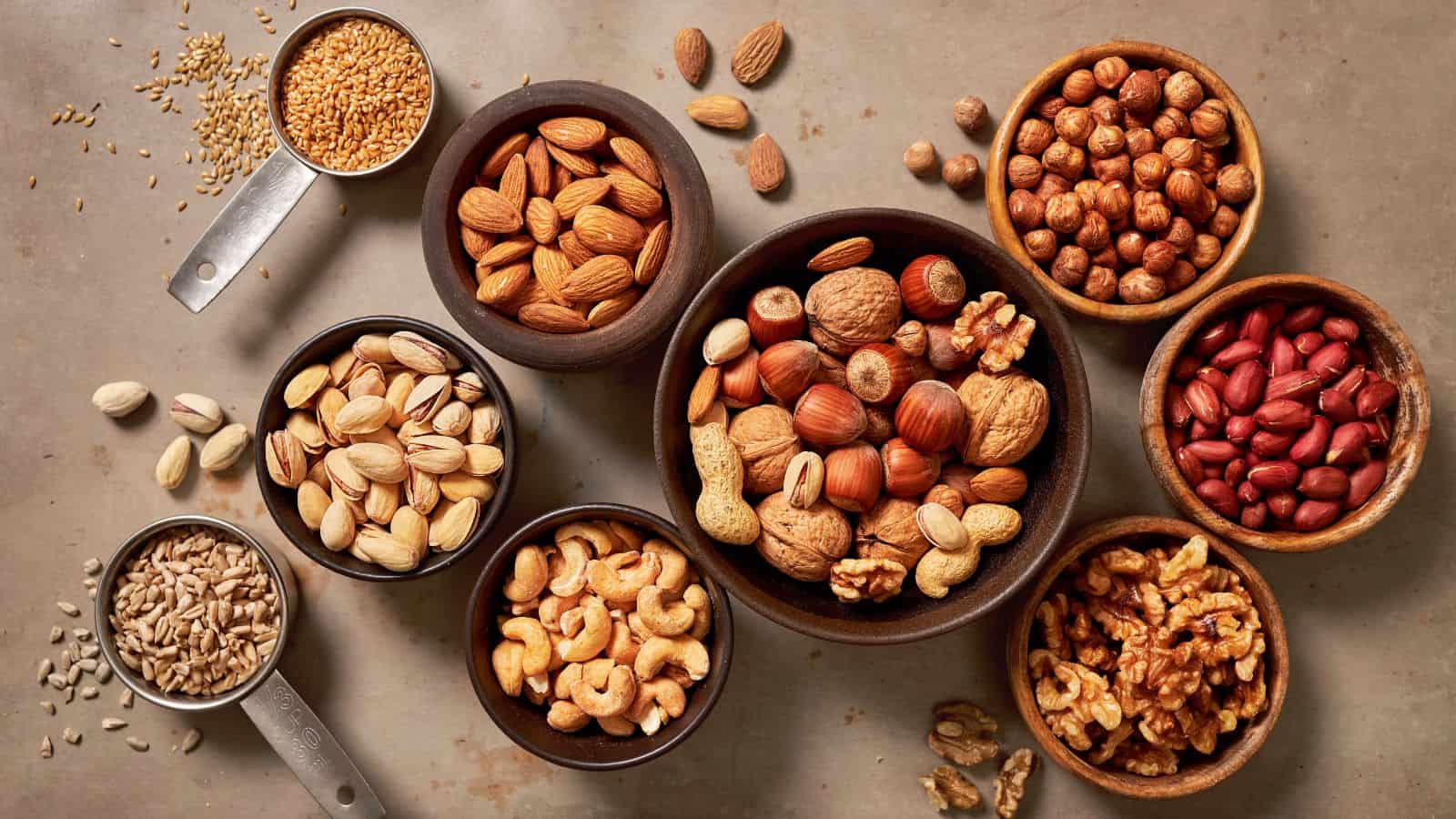
To prepare for a food shortage, become a seed hoarder! Collecting seeds from different homegrown fruits, vegetables, and other crops can help you grow your food more sustainably. Knowledge of seed varieties, their adaptability, and how to store seeds properly for long-term use would be invaluable during a crisis.
Cooking with limited ingredients

It can be difficult to cook healthy meals at the best of times, so learning to make nutritious meals with limited ingredients might seem impossible. However, it would be beneficial to learn how to create recipes using minimal ingredients, including foraged and hunted ingredients, in case of food shortages.
Substituting foods
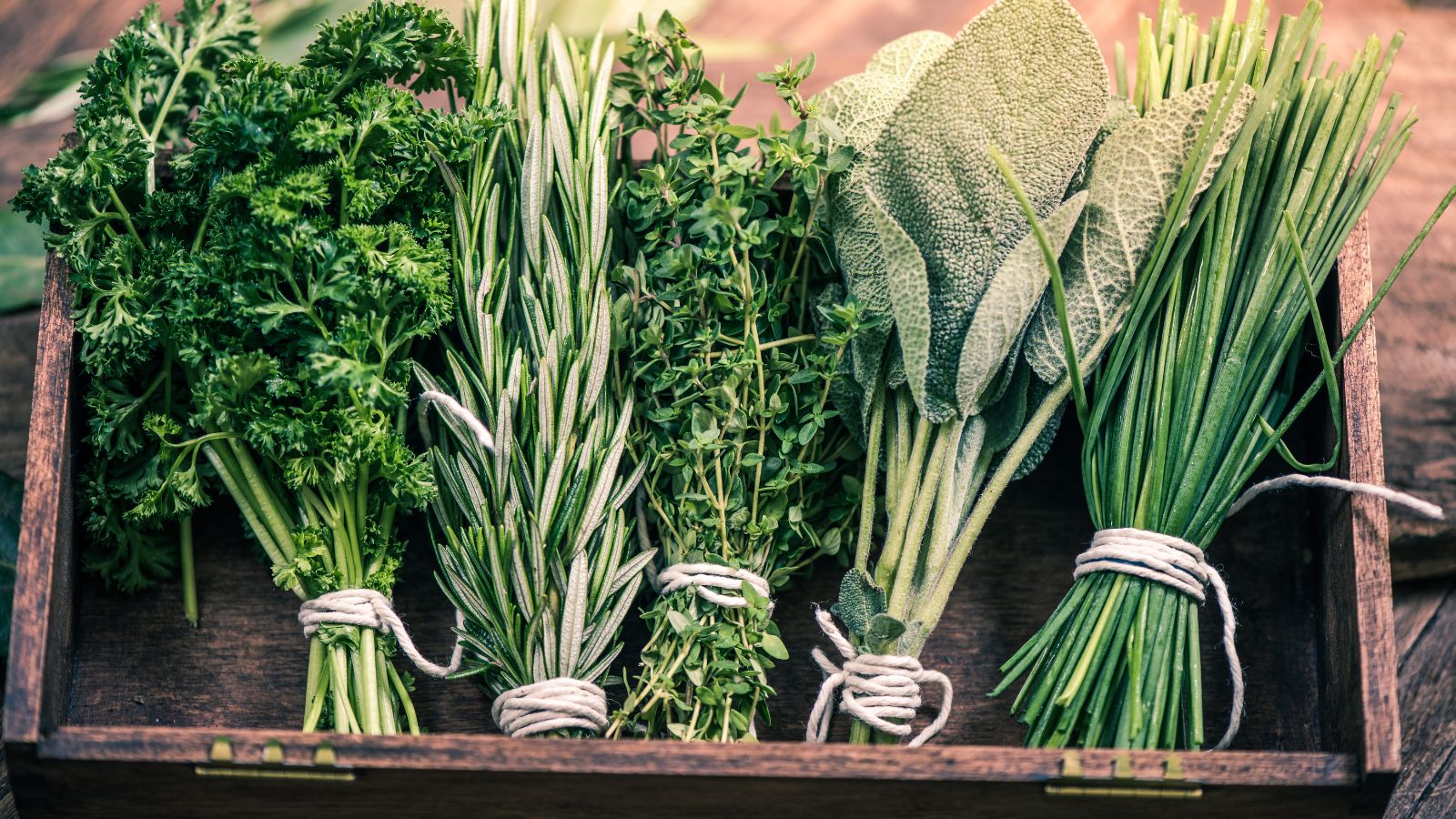
When there are limited ingredients available, it’s important to be able to adapt to these restrictions. In a time of food shortages, the ability to identify different sources of essential nutrients and substitute ingredients based on their availability would be a key skill to have.
Food storage

Understanding how to store food properly is crucial to preventing it from spoiling; it’s time to stop stumbling across out-of-date food that you stashed at the back of your cupboard ages ago. Knowledge of different storage methods, like root cellars and underground caches, would also be very useful during a food shortage.
Community and Collaboration

Forming networks with neighbors and creating communities would be very valuable in the instance of a food shortage. Being part of a community would allow you to work together, share resources, and collaborate on growing, preparing, and preserving foods. Sharing is caring!
First aid and health and safety

Basic first aid skills, such as knowing how to treat common injuries and illnesses, are essential to have in any emergency situation. Awareness of health and safety practices is also vital to safely handling and storing food and supplies and preventing foodborne illnesses.
Being resilient

In a situation as stressful as a food shortage, having a positive outlook and being able to create resilient coping strategies to manage stress is fundamental to survival. Mayo Clinic says having strong relationships and support from loved ones is just one way to improve resilience.
Bartering and trading

Strong negotiation skills and knowing how to barter and trade would be very useful if you found yourself in a food shortage. Initially, it would be crucial to be able to identify valuable items to trade in a crisis. Also, establishing trust in the community would be instrumental in trading successfully.
Building DIY tools

Having the ability to build tools and equipment to assist you in jobs like gardening, hunting, and processing foods would be extremely helpful. DIY and building skills would also be useful when repairing and maintaining equipment and improvising solutions to any problems that may arise.
Wilderness survival skills

General wilderness survival skills are important to learn in case of an emergency situation like a food shortage. These might include building shelter and starting a fire with natural materials and navigation skills to help you find food or water sources. This is a great excuse to binge some survival TV shows!
Food labels and nutrition

The NHS recommends using “nutrition information labels to help you eat a balanced diet,” which would be particularly important during a food shortage. Being able to identify hidden sugars, additives, and preservatives would contribute to good health and survival.
Planning rations

The ability to plan rations effectively would be key in case of sudden food shortages. It’s important to calculate daily calorie needs, create ration plans based on available food supplies, and prioritize foods with lots of nutrients for the healthiest diet. Trust us; you’ll need your energy!
Continual learning and adaptation
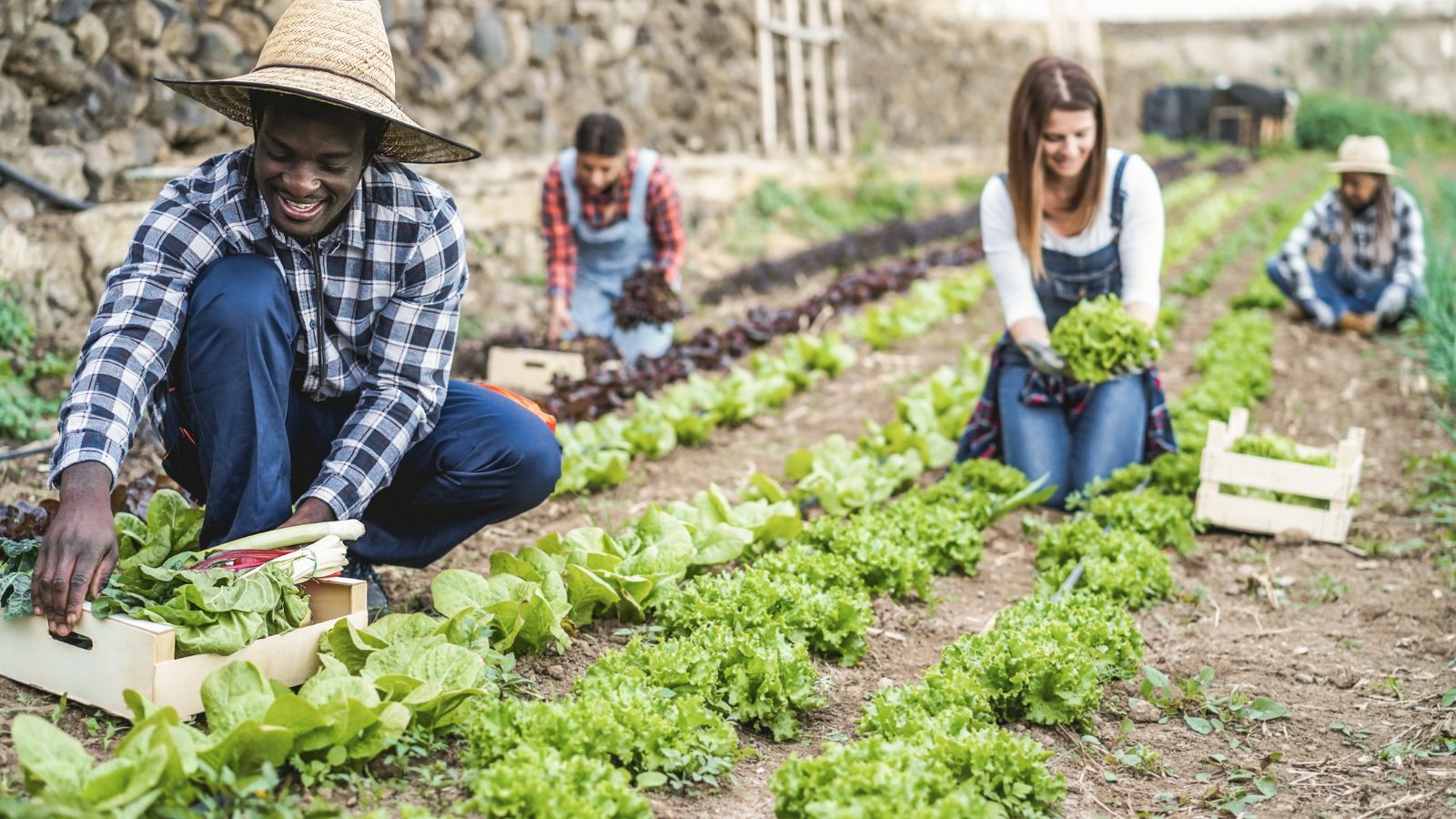
Finally, continual learning and development of knowledge and skills will be invaluable when facing a food shortage. Staying informed about and adapting to evolving survival techniques and reflecting on past experiences to improve your skills will help you be ready for any changing circumstances. Don’t get comfortable!
Up Next: 19 Things You Didn’t Realize Are Against The Law

Most laws are common sense, like those involving theft, property damage, or violence, but there are many lesser-known regulations that most people aren’t even aware of. This article reveals 19 illegal acts that may inadvertently turn you into a common criminal. Remember, ignorance of the law is no excuse for breaking it!
19 Things You Didn’t Realize Are Against The Law
18 Most Common Reasons Why Women Leave Their Husbands

All women have different preferences when it comes to their relationships and marriages. However, there are many universal behaviors, traits, and habits that commonly drive them to divorce. This list unveils the 18 most common reasons why women leave their husbands.
18 Most Common Reasons Why Women Leave Their Husbands
17 Behaviors That Make People Think Less of You

If you want to be accepted by those around you, you have to behave in certain ways. Obviously, you should still be yourself, but there are certain social ‘rules’ people should abide by, like avoiding these 17 behaviors that make people think less of you.
